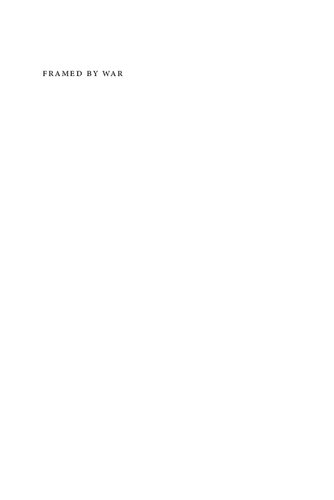

Most ebook files are in PDF format, so you can easily read them using various software such as Foxit Reader or directly on the Google Chrome browser.
Some ebook files are released by publishers in other formats such as .awz, .mobi, .epub, .fb2, etc. You may need to install specific software to read these formats on mobile/PC, such as Calibre.
Please read the tutorial at this link: https://ebookbell.com/faq
We offer FREE conversion to the popular formats you request; however, this may take some time. Therefore, right after payment, please email us, and we will try to provide the service as quickly as possible.
For some exceptional file formats or broken links (if any), please refrain from opening any disputes. Instead, email us first, and we will try to assist within a maximum of 6 hours.
EbookBell Team

4.8
24 reviewsAn intimate portrait of the postwar lives of Korean children and women
Korean children and women are the forgotten population of a forgotten war. Yet during and after the Korean War, they were central to the projection of US military, cultural, and political dominance. Framed by War examines how the Korean orphan, GI baby, adoptee, birth mother, prostitute, and bride emerged at the heart of empire. Strained embodiments of war, they brought Americans into Korea and Koreans into America in ways that defined, and at times defied, US empire in the Pacific.
What unfolded in Korea set the stage for US postwar power in the second half of the twentieth century and into the twenty-first. American destruction and humanitarianism, violence and care played out upon the bodies of Korean children and women. Framed by War traces the arc of intimate relations that served as these foundations. To suture a fragmented past, Susie Woo looks to US and South Korean government documents and military correspondence; US aid organization records; Korean orphanage registers; US and South Korean newspapers and magazines; and photographs, interviews, films, and performances. Integrating history with visual and cultural analysis, Woo chronicles how Americans went from knowing very little about Koreans to making them family, and how Korean children and women who did not choose war found ways to navigate its aftermath in South Korea, the United States, and spaces in between.